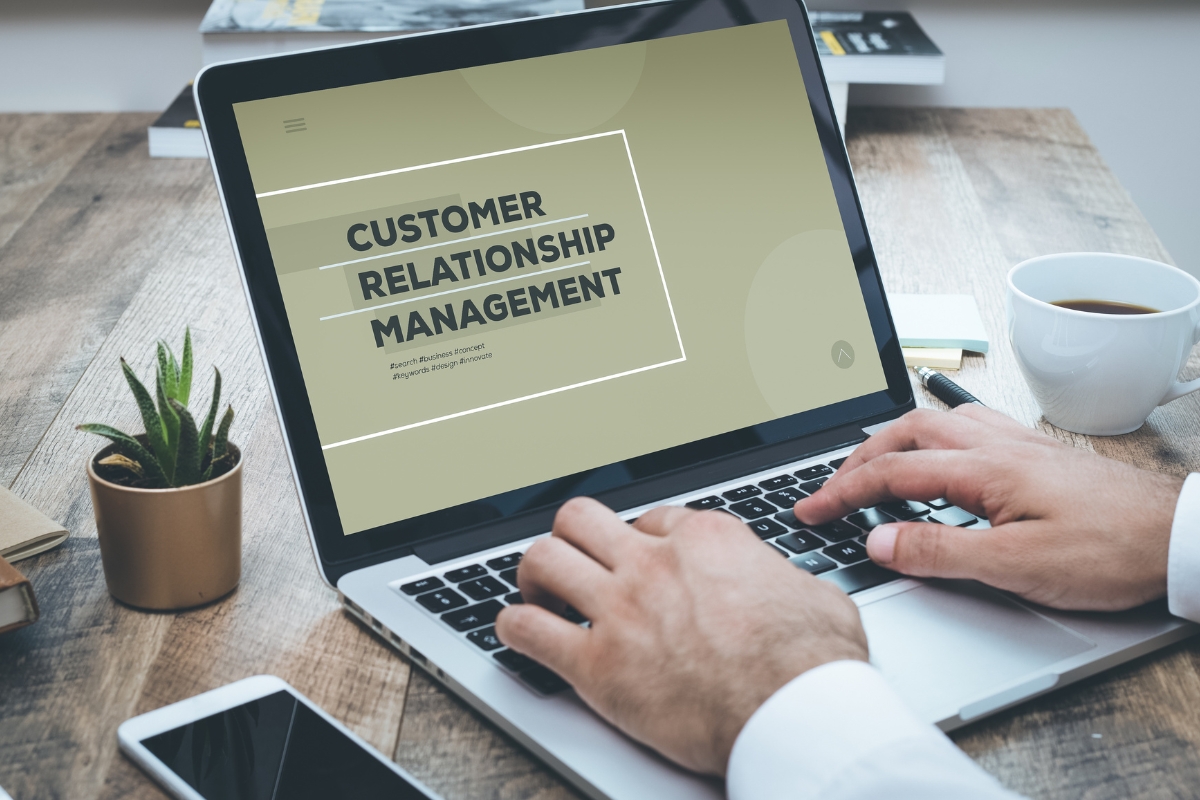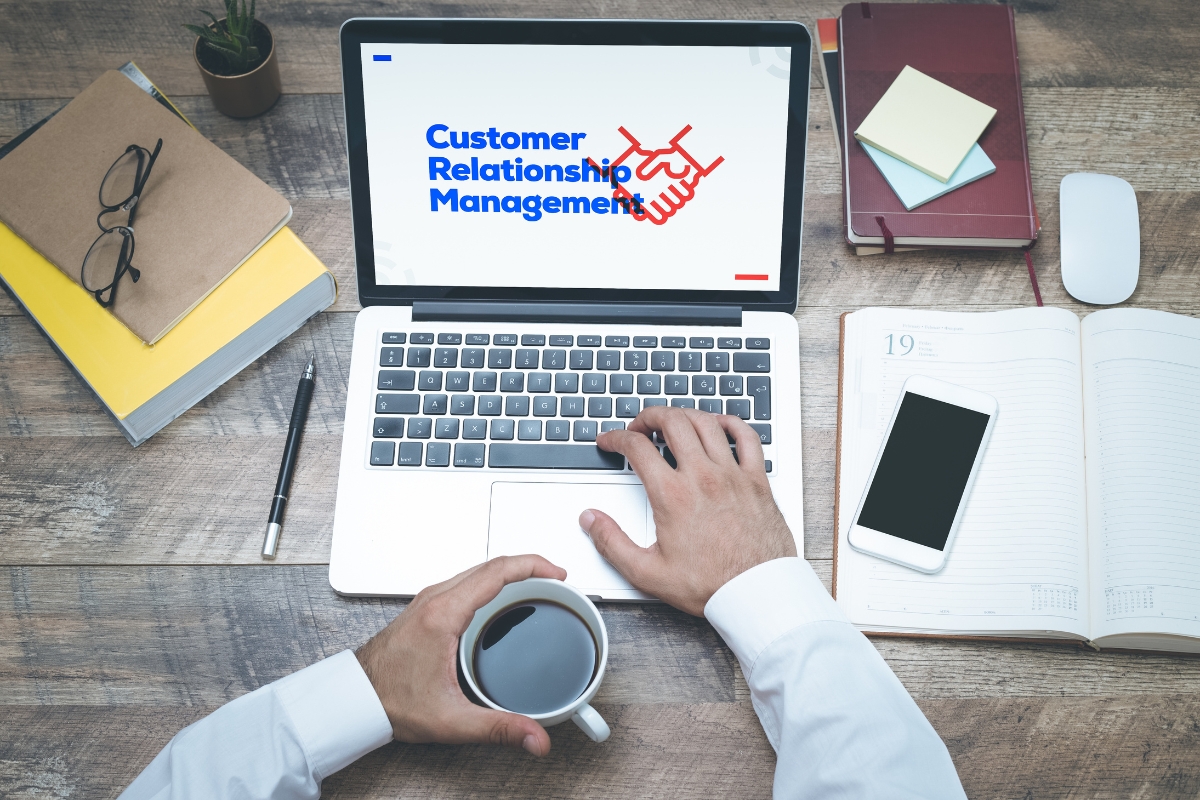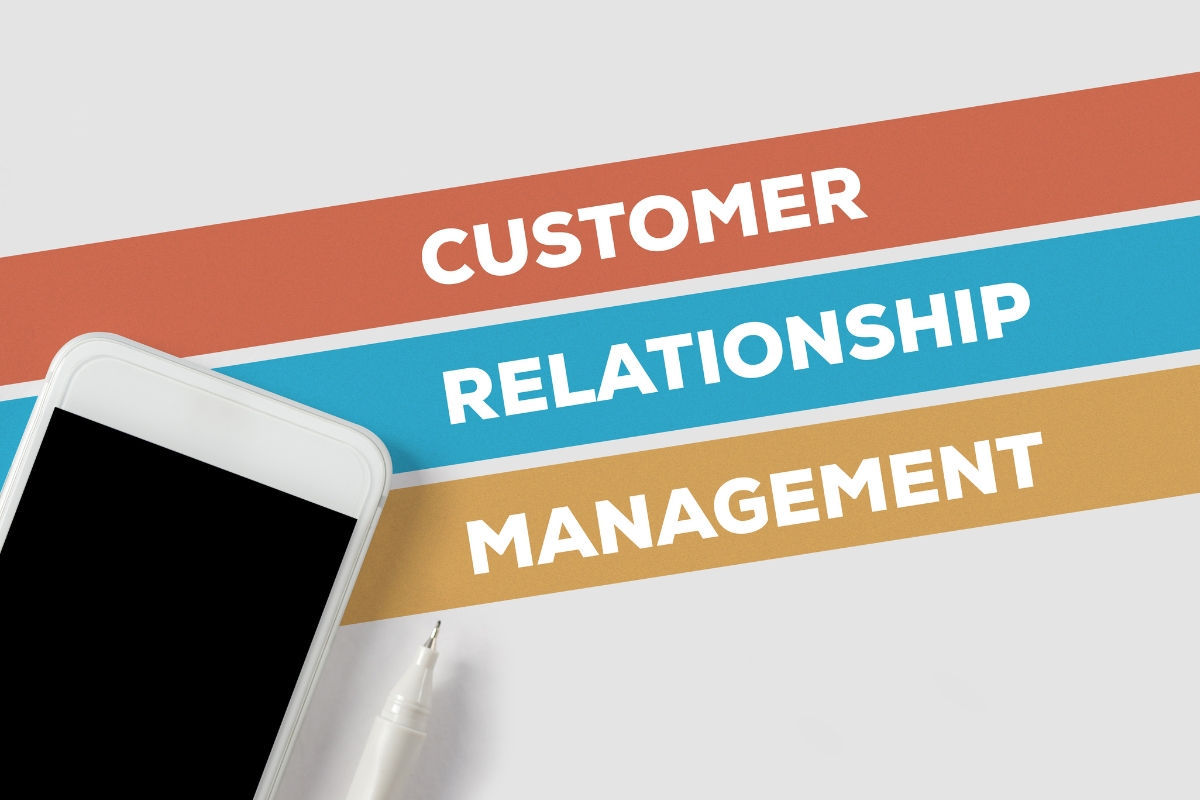In today’s competitive business landscape, fostering strong connections with customers is more important than ever. Customer Relationship Management (CRM) is not just a strategy—it’s an art form that requires finesse, empathy, and dedication.
At its core, CRM is about understanding your customers’ needs, preferences, and behaviors to build meaningful and lasting relationships. In this guide, we’ll explore the principles of effective CRM and provide actionable insights and strategies to help businesses cultivate strong connections with their customers.
From leveraging technology to implementing personalized communication strategies, this guide will empower you to master the art of CRM and create experiences that resonate with your audience. Get ready to unlock the potential of CRM and forge stronger connections that drive loyalty, advocacy, and business growth.
Mastering Customer Relationship Management: How to Build Lasting Customer Connections
Understanding the Essence of Customer Relationship Management

What is Customer Relationship Management? At its core, Customer Relationship Management (CRM) is the strategic approach that businesses employ to manage and nurture their relationships with customers. It encompasses a wide range of activities, including understanding customer needs and preferences, delivering personalized experiences, and fostering long-term loyalty. The essence of CRM lies in recognizing that customers are not just one-time buyers but valuable assets that can contribute to the growth and success of a business.
By implementing effective CRM strategies, businesses can gain insights into their customers’ behaviors, preferences, and pain points. This knowledge allows them to tailor their products or services to meet specific customer needs and expectations. It also enables businesses to anticipate future demands and proactively address any concerns or issues that may arise.
A key aspect of understanding the essence of CRM is recognizing that it goes beyond mere transactional interactions. It involves building genuine connections with customers based on trust, empathy, and mutual understanding. By treating each customer as an individual with unique preferences and requirements, businesses can create personalized experiences that resonate on a deeper level.
Crafting Personalized Customer Experiences

In today’s highly competitive marketplace, delivering generic experiences is no longer sufficient to capture the attention and loyalty of customers. To stand out from the crowd, businesses must go above and beyond by crafting personalized customer experiences.
This begins with gathering data about individual customers through various touchpoints such as website interactions, social media engagements, or purchase history. By analyzing this data effectively using CRM tools and technologies, businesses can gain valuable insights into each customer’s preferences, interests, and buying patterns.
Armed with this information, businesses can then tailor their marketing messages, product recommendations, and overall customer journey to align with each customer’s unique needs. Whether it’s sending personalized emails addressing specific pain points or offering customized product suggestions, personalization is the key to creating memorable experiences that leave a lasting impression.
Moreover, personalization extends beyond the initial purchase. By continuously engaging with customers and adapting to their evolving preferences, businesses can foster long-term relationships that go beyond a single transaction. This not only leads to increased customer satisfaction but also enhances customer loyalty and advocacy.
Leveraging Technology for Effective CRM

In today’s digital age, technology plays a crucial role in enabling effective CRM strategies. From advanced analytics tools to customer relationship management software, businesses have access to a wide range of technological solutions that can streamline their CRM processes and enhance their overall effectiveness.
One such technology is Customer Relationship Management (CRM) software. This software allows businesses to centralize customer data, track interactions, and automate various aspects of the customer journey. By having a comprehensive view of each customer’s history and preferences, businesses can provide more personalized experiences and make informed decisions based on data-driven insights.
Another technology that can greatly benefit CRM efforts is artificial intelligence (AI). AI-powered chatbots, for example, can provide instant support and assistance to customers while collecting valuable data in real-time. This data can then be used to identify trends, improve products or services, and enhance overall customer satisfaction.
Furthermore, social media platforms offer an invaluable opportunity for businesses to engage with customers on a more personal level. By actively monitoring social media channels and responding promptly to customer inquiries or feedback, businesses can demonstrate their commitment to excellent customer service while also gathering valuable insights into customer sentiment.
Building Trust Through Transparency and Communication

Trust forms the foundation of any successful relationship – be it personal or professional. In the realm of business, building trust with customers is essential for long-term success. One way this trust can be established and nurtured is through transparency and effective communication.
Transparency involves being open and honest with customers about various aspects of the business, such as pricing, policies, or product information. By providing clear and accurate information, businesses can build credibility and establish themselves as trustworthy partners in the customer’s journey.
Effective communication is equally important in building trust. This involves actively listening to customers’ concerns, addressing them promptly and empathetically, and keeping customers informed about any updates or changes that may affect them.
By maintaining open lines of communication, businesses can demonstrate their commitment to customer satisfaction and foster a sense of trust and loyalty.
Nurturing Long-Term Relationships with Customers

While acquiring new customers is undoubtedly important for business growth, nurturing long-term relationships with existing customers is equally crucial. Repeat customers not only contribute to a business’s revenue but also serve as brand advocates who can help attract new customers through positive word-of-mouth.
To nurture long-term relationships with customers, businesses must prioritize ongoing engagement and provide added value beyond the initial purchase. This can be achieved through various means such as loyalty programs, exclusive offers or discounts for repeat customers, personalized recommendations based on past purchases, or proactive customer support.
By consistently delivering exceptional experiences throughout the customer journey, businesses can cultivate a sense of loyalty that goes beyond mere transactional interactions. This loyalty translates into higher customer retention rates and increased customer lifetime value – both essential metrics for sustainable business growth.
The Impact of Customer Feedback and Insights

Customer feedback serves as a valuable source of insights that businesses can leverage to improve their products, services, and overall customer experience. By actively seeking feedback from customers through surveys, reviews, or social media interactions, businesses can gain valuable insights into areas where they excel or areas that require improvement.
Listening to customer feedback and taking appropriate action demonstrates a commitment to continuous improvement and customer satisfaction. It also provides an opportunity for businesses to address any issues or concerns that may arise, thereby strengthening the relationship with customers.
Moreover, customer feedback can also uncover new opportunities for innovation and growth. By identifying unmet needs or emerging trends, businesses can adapt their offerings to stay ahead of the competition and meet evolving customer expectations.
Implementing Loyalty Programs and Retention Strategies

Loyalty programs are a powerful tool for fostering long-term relationships with customers. By offering incentives, rewards, or exclusive benefits to loyal customers, businesses can incentivize repeat purchases and enhance customer loyalty.
When designing loyalty programs, it is essential to consider the specific needs and preferences of the target audience. Whether it’s a points-based system, tiered rewards program, or personalized offers based on individual purchasing behavior, the key is to provide value that resonates with customers.
In addition to loyalty programs, implementing effective retention strategies is crucial for maintaining strong connections with customers. This involves proactive measures such as personalized follow-ups after purchases, regular communication through email newsletters or social media updates, or surprise gifts or discounts on special occasions.
Handling Customer Concerns and Resolving Issues

No matter how well a business executes its CRM strategies, there will inevitably be instances where customers have concerns or encounter issues.
How these concerns are handled can make all the difference in maintaining strong connections with customers.
When a customer raises a concern or issue, it is important for businesses to respond promptly and empathetically. This involves actively listening to the customer’s perspective without interrupting or dismissing their concerns. By demonstrating empathy and understanding, businesses can reassure customers that their concerns are being taken seriously.
Once the concern has been acknowledged, businesses should take swift action to resolve the issue. This may involve offering a refund, replacement, or alternative solution depending on the nature of the problem. The goal is to ensure that the customer feels heard and that their issue has been resolved to their satisfaction.
Measuring Success: Key Metrics in CRM

Measuring the success of CRM efforts is essential for evaluating the effectiveness of strategies and identifying areas for improvement. Several key metrics can provide valuable insights into the impact of CRM on business performance.
One such metric is customer satisfaction, which can be measured through surveys or feedback ratings. By regularly assessing customer satisfaction levels, businesses can gauge how well they are meeting customer expectations and identify areas where improvements can be made.
Customer retention rate is another important metric in CRM. It measures the percentage of customers who continue to do business with a company over a specific period. A high retention rate indicates strong customer loyalty and satisfaction.
Furthermore, customer lifetime value (CLV) is a metric that quantifies the total revenue generated by a customer throughout their relationship with a business. By calculating CLV, businesses can identify their most valuable customers and tailor their strategies accordingly.
Conclusion: Mastering the Art of Building Strong Connections
In today’s fiercely competitive marketplace, the ability to forge enduring connections with customers is an indispensable asset. By leveraging marketing CRM software and placing customer relationships at the forefront, businesses can craft a masterpiece of lasting connections that ignite loyalty, advocacy, and enduring growth.
As you delve into the art of building strong connections with your customers, consider partnering with Newman Web Solutions to take your customer relationship management to the next level. Our expertise in digital marketing and reputation management strategies can help you foster lasting connections with your audience.
Reach out to us today at (404) 301-9189 or schedule a 30-minute free marketing strategy session and discover how we can tailor our solutions to meet your unique business needs.





